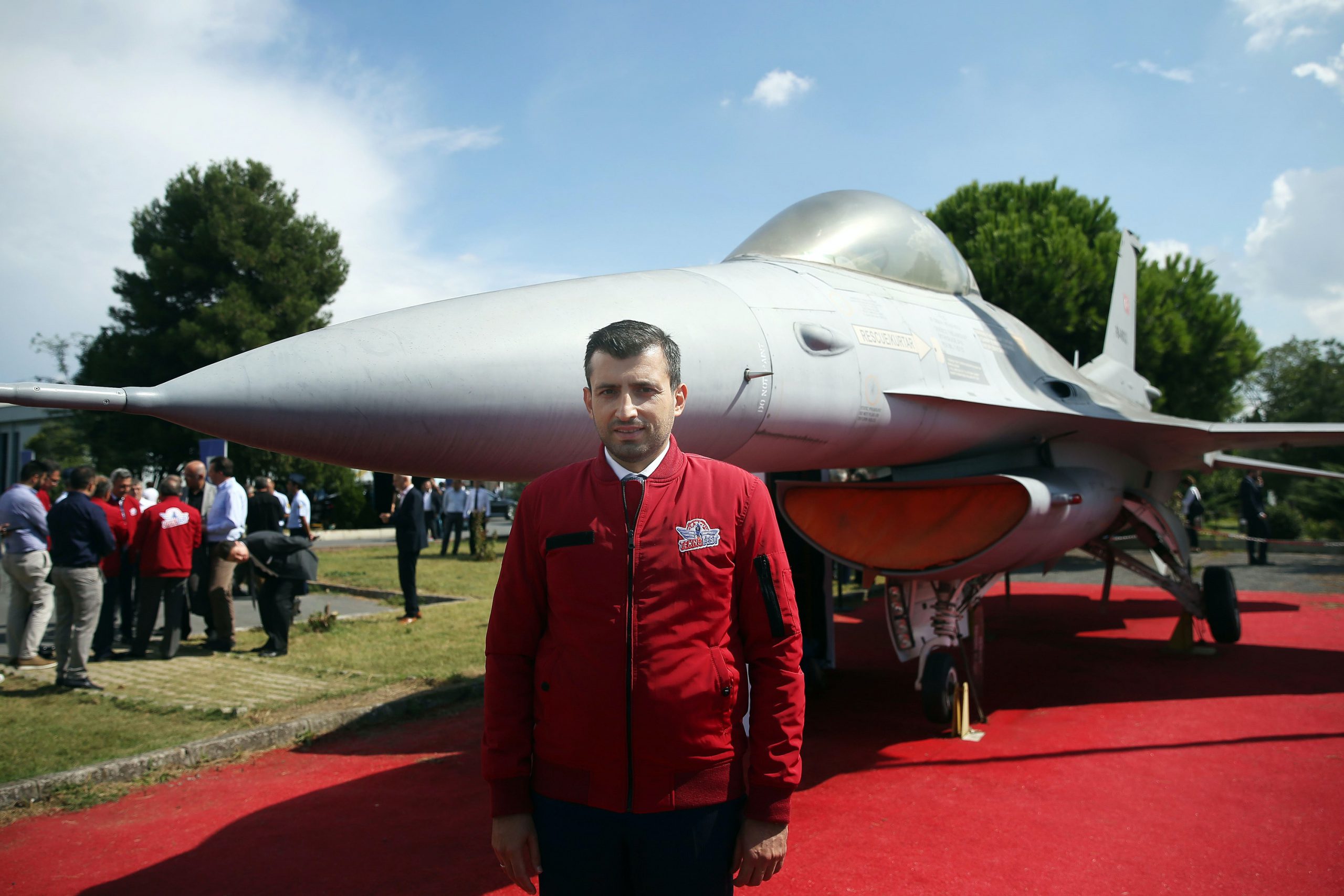In June, the Turkish navy successfully test-fired the Atmaca, Turkey’s first domestically produced long-range anti-ship cruise missile.
The missile was fired from the TCG Kınalıada, one of the newest Ada-class corvettes, which are also domestically designed and built. In its final test, the missile sank an old research vessel, and it is now set to replace the US-made Harpoon as the Turkish Navy’s standard anti-ship missile.
It is the most recent in an impressive string of achievements for Turkey’s defense industry, which has historically relied on US and European companies to outfit its military.
In recent years, though, Turkish firms have increased their efforts to manufacture high-quality defense equipment – including guns, missiles, tanks, and warships.
That increased investment has made Turkey’s military more self-reliant and is turning Turkey into a top arms exporter.
Turkey has long had a large and relatively capable defense industrial base. For decades it has built a variety of infantry weapons under license from foreign manufacturers, and it is one of only five countries licensed to build F-16s.
The recent focus on domestic design and production stems from an increase in potential threats from Russia and various militant groups and from sanctions placed on Turkey’s defense industry by its NATO allies, which have prevented the sale of critical technology or entire systems to Ankara.
Turkey has had a long-standing conflict with Kurdish PKK militants in its southwest, which regularly bleeds into northern Iraq and was a major factor in Turkey’s military intervention in Syria’s civil war.
Turkey is also dealing with a stronger Russia, its longtime state rival. Turkey enjoyed a sense of security in the Black Sea in the decades after the Cold War, when Russia was considerably weaker, but Moscow’s recent actions pose a new challenge.
“The military balance in the Black Sea has shifted rather significantly in Russia’s favor after the seizure of Crimea and the further militarization of the peninsula,” Stephen Flanagan, a senior political scientist at the Rand Corporation, told Insider.
“The Russians have increased the level of military forces in their Southern Military District, and they are also engaged in a fairly substantial modernization of the Black Sea Fleet,” Flanagan said.
Turkey sees Russia’s involvement in and influence over Syria as a threat, as it does Iranian influence in Syria and Iraq.
Despite the increase in threats, Turkey can no longer rely on the US and Europe to sell it the equipment it needs.
US and European concerns about Turkey’s human-rights abuses, its actions against the Kurds in northern Syria, and its purchase of the Russian-made S-400 surface-to-air missile system have led to sanctions on Turkey’s Presidency of Defense Industries, the government institution that oversees its defense industry.
The US has kicked Turkey out of the F-35 program, in which Ankara was an original contributor and manufacturer, and Germany has been reluctant to modernize Turkey’s inventory of Leopard 2 tanks.
“All of that has only reinforced Turkey’s need to become more independent in the development of its defense industry and its own defense capabilities,” Flanagan said.
To read the full article: https://www.yahoo.com/news/turkey-building-ships-tanks-missiles-111500232.html?guccounter=1
